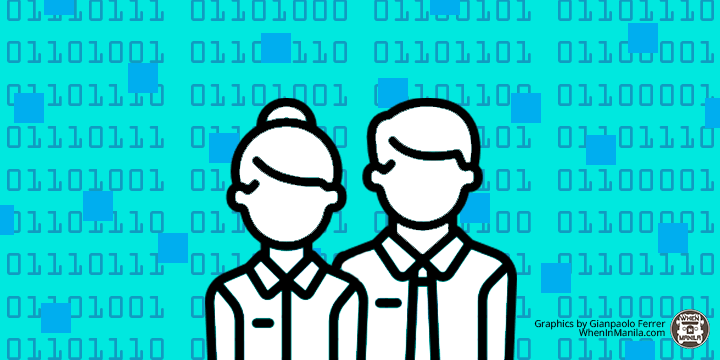Do you remember the time when all you needed to do is have a single password to feel secure and safe online? People usually kept the names of their family members as passwords. If they wanted to be extra careful, they would add the classic “123” or their birth year. That is all the majority of us needed to do. However, things have drastically changed since then. Everything is connected these days. With the internet becoming so accessible, we hear more and more about data breaches related to the websites we visit frequently- from eCommerce to social networks. Therefore, we also need to change how we protect ourselves in the digital sphere. The tips we give in this article will only take a few minutes of your day in exchange for strong online protection.
Open Source Intelligence
Before we begin, let’s dive into some background check apps and tools that utilize private and open governmental sources to collect all the data about you in a single place. Most people are not aware of this but there is so much data about almost every person readily available online. The tools that gather it are categorized as Open Source Intelligence apps. Many threat actors have been successful at designing tools that let them parse the data they need about you. These tools can scan all these open source databases as well.
Digital Footprint
Every tweet you post, every image you upload on Instagram, everything you post on Facebook- all of that makes up your online footprint. Anything you ever say or do online will stay on the Internet forever. When you “accept cookies” for a website, it allows the platform to track your online activity. Even this information is recorded somewhere and adds to the digital footprint.
How to Protect Yourself
Always go through the Terms and Conditions
Let’s be honest, most of us check the accept terms and conditions box without actually reading them. We are in a hurry and want to get things done. Not to forget, they can be long and boring. But think about this, would you ever buy a house without going through the house deed?
It is crucial to read every platform’s privacy policy before registering so you can opt-out, if possible, from allowing your data to be used for things like advertising, etc.
4. People Finder Websites
These days a lot of our social and business relationships have moved online. Many people end up making clients or friends online whom they have never seen or met before. Therefore, it can be beneficial to use sites to get information regarding someone you might be considering doing business with, especially if money is involved. The site has a huge database of USA citizens so you can easily get information on the exact individual you’re searching for.
3. Strong Passwords
It goes without saying, it is crucial to have a strong password if you want to protect yourself in the digital space. It is the first defense against someone trying to access your accounts. There are two things that separate a strong password from a weak one. First, it should include at least one digit, symbol, and an uppercase letter. A password that has a strong combination of digits, symbols, and letters is harder for cybercriminals to decrypt. Secondly, you must ensure that you have a different password for all your accounts. While it can be hard for you to remember all these different passwords, it will not lead to every other account of yours getting compromised in case one account gets breached. You can always utilize a password manager to help you keep track of your passwords.
2. Software Updates
Whether you have a tablet, smartphone, or laptop, always remember to update the software. You might feel lazy or not feel like letting your devices take their time to update the software, however, sacrificing a few minutes for this is worth it. Software updates not only offer you the latest features and improve the speed of your device but also patch up the security weaknesses of your system. If the older versions have any weaknesses, they are generally dealt with in the new versions of the software.
1. Use an External Hard Drive to Back-Up Data
A lot of us fear losing our important data from our laptops or desktops. It is a very valid fear since it is possible for your system to crash in a way that makes the corrupted files beyond retrieval. Everyone has a lot of essential data on their devices, from memories to work files. It can be a truly stressful and heartbreaking ordeal if you lose them. Many people employ cloud services to back up their information. However, keep in mind, that cloud storage is not always the safest either. A lot of cloud services have experienced data breaches, resulting in threat actors successfully gaining access to the personal data of a lot of users. Therefore, it can be a good idea to use an external hard drive to back-up your data. It will ensure your digital self is much safer and your data is not connected to an online network susceptible to hackers but is stored physically.
Conclusion
We all try our best to protect ourselves from harm. After all, as humans, that is one of our most basic needs. However, not everyone in the world has good intentions. As a result, we generally have to put in the effort to ensure our safety. Just like you would take measures and avoid things to protect your physical self, you need to do the same for your digital self. Most of us are connected to the Internet almost all the time. By signing in to something, you connect to something way larger than you could ever imagine, with dangers you do not completely understand. These digital dangers can impact your digital, as well as your physical self in a truly real way. Therefore, it is crucial for you to take out time to protect yourself online.





